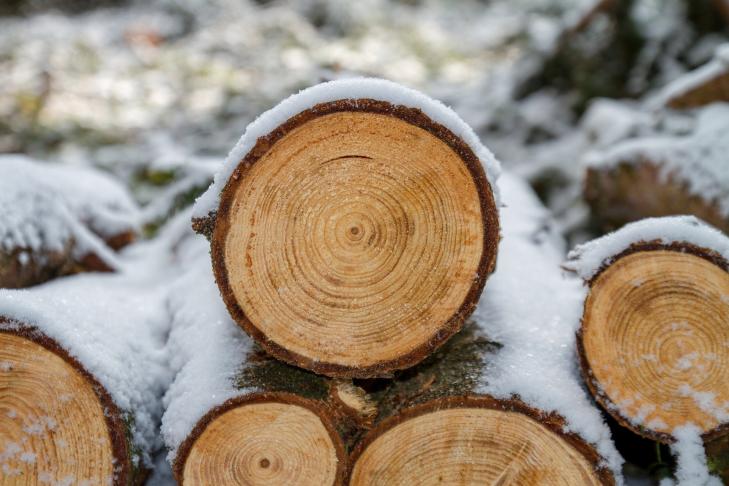Scientists from the University of Bath have made a sustainable polymer using the second most abundant sugar in nature, xylose.
Not only does the new nature-inspired material reduce reliance on crude oil products, but its properties can also be easily controlled to make the material flexible or crystalline.

The researchers, from the University’s Centre for Sustainable and Circular Technologies, report the polymer, from the polyether family, has a variety of applications, including as a building block for polyurethane, used in mattresses and shoe soles; as a bio-derived alternative to polyethylene glycol, a chemical widely used in bio-medicine; or to polyethylene oxide, sometimes used as electrolyte in batteries.
The team says additional functionality could be added to this versatile polymer by binding other chemical groups such as fluorescent probes or dyes to the sugar molecule, for biological or chemical sensing applications.
The team can easily produce hundreds of grams of the material and anticipate that production would be rapidly scalable.
Dr Antoine Buchard, Royal Society University Research Fellow and Reader at the Centre for Sustainable and Circular Technologies, led the study.
He said: “We’re very excited that we’ve been able to produce this sustainable material from a plentiful natural resource – wood.
“The reliance of plastics and polymers on dwindling fossil fuels is a major problem, and bio-derived polymers - those derived from renewable feedstocks such as plants - are part of the solution to make plastics sustainable.
“This polymer is particularly versatile because its physical and chemicals properties can be tweaked easily, to make a crystalline material or more of a flexible rubber, as well as to introduce very specific chemical functionalities.
“Until now this was very difficult to achieve with bio-derived polymers.
“This means that with this polymer, we can target a variety of applications, from packaging to healthcare or energy materials, in a more sustainable way.”
Like all sugars, xylose occurs in two forms that are mirror images of each other – named D and L.
The polymer uses the naturally occurring D-enantiomer of xylose, however the researchers have shown that combining it with the L-form makes the polymer even stronger.
The research team has filed a patent for their technology and is now interested in working with industrial collaborators to further scale up production and explore the applications of the new materials.
The study was published in the prestigious chemistry journal Angewandte Chemie International Edition (in open access) and was funded by the Royal Society and the Engineering and Physical Sciences Research Council, part of UK Research and Innovation.
Source: https://www.bath.ac.uk